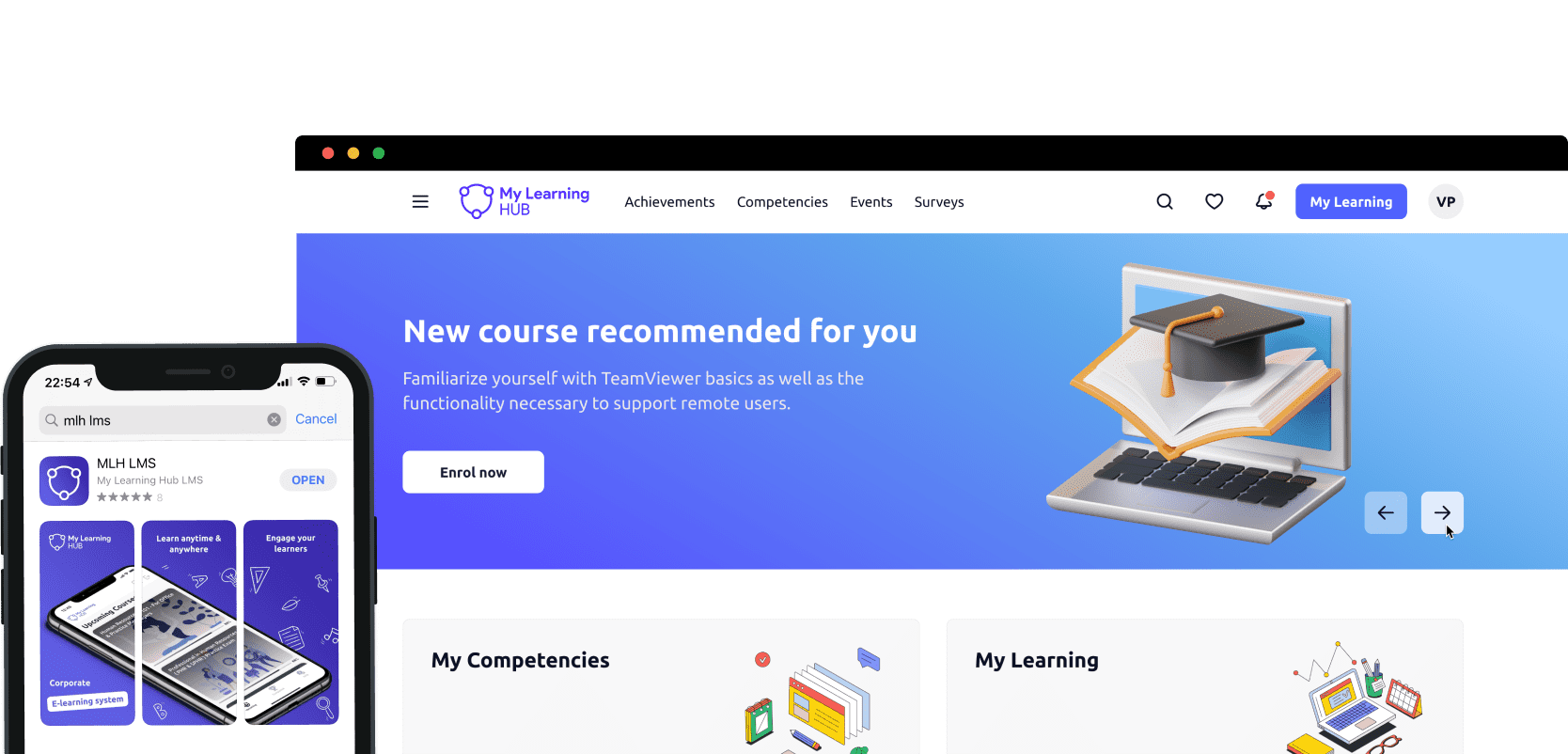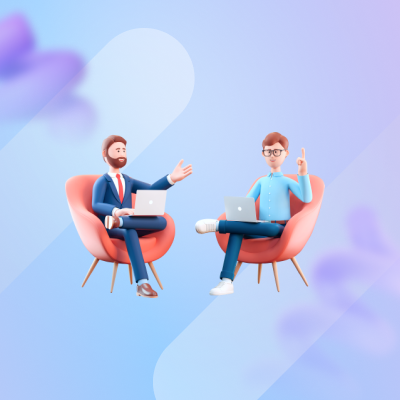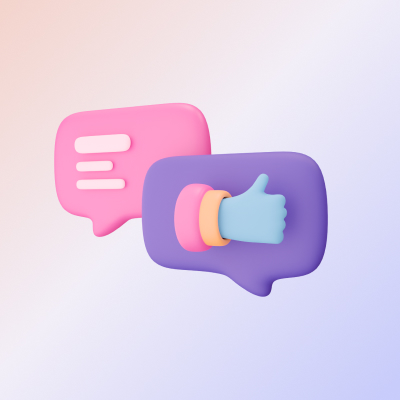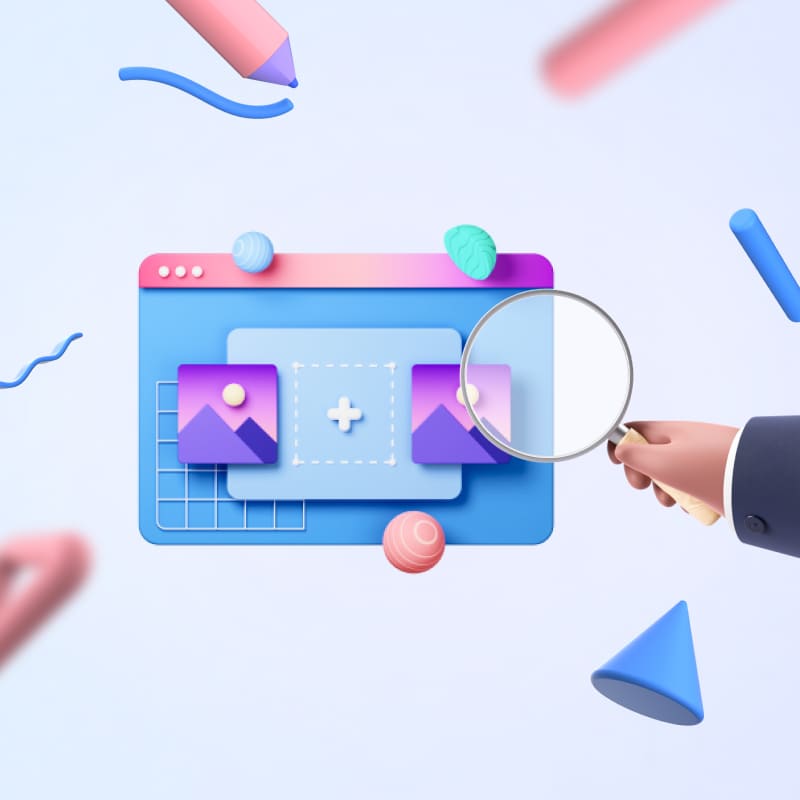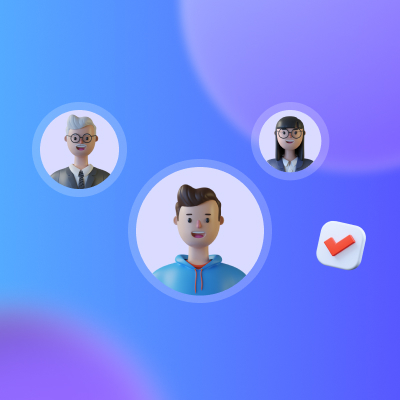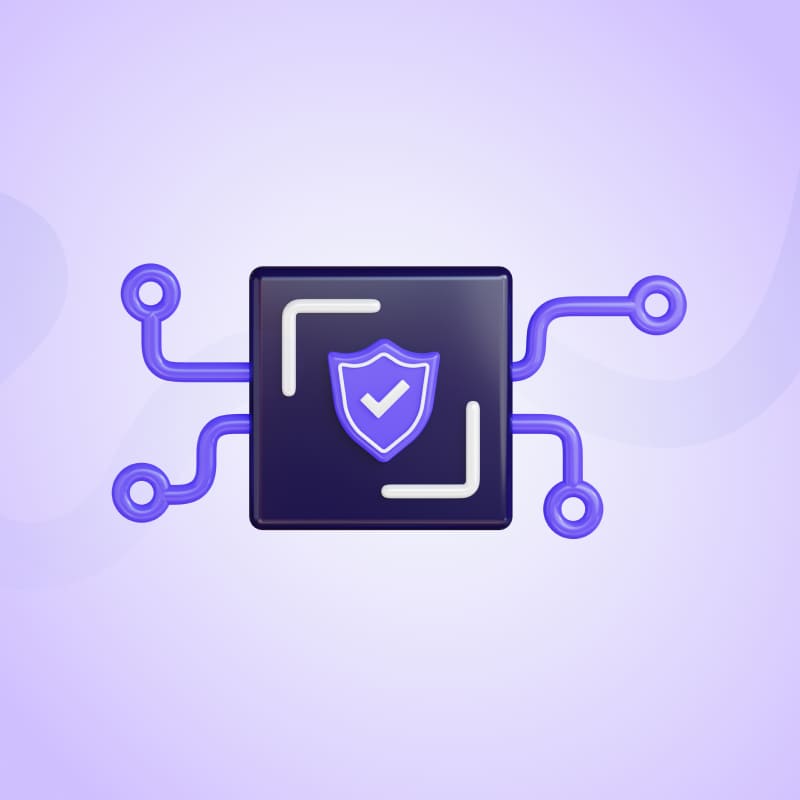
There are now four generational groups in workplaces across the country.
HR departments have the task of stirring Boomers, Gen Xers, Millennials and Zoomers into the same gurgling cauldron of workplace stew in the hopes of retaining and motivating them.
Whilst the focus is often on generational differences, there is common ground.
Finding similarities, dispelling stereotypes and providing the right training for every age group is the key to uniting all generations at your organisation.
Contents
-
What are the generational differences in the workplace?
-
Baby Boomers
-
Generation X
-
Millenials
-
Generation Z (or Zoomers)
-
-
What unites generational differences?
-
Training to challenge generational differences
-
Mentoring and coaching programs
-
Making all employees feel valued
-
-
Training and development for all generations?
What are the generational differences in the workplace?
Let’s take a look at the different generations, their experiences and their values — along with a few stereotypes too.
Baby Boomers
Born 1946 to 1964
This is the generation born right after the end of the Second World War. The majority of Baby Boomers in the workforce are nearing retirement.
Shaped by: The Civil Rights Movement, Watergate, Beatlemania
Known for: Job loyalty, optimism, willingness to work hard for lifestyle success, competitiveness, financial security
Learning style: Preference for traditional classroom learning with in-class participation
Generation X
Born 1965 to 1980
Generation X has experienced both a digital and non-digital world. They grew up at a time when technology was advancing — but certainly wasn’t as integral to our lives as it is today.
Shaped by: The AIDS epidemic, the Cold War, and the fall of the Berlin Wall
Known for: A global mindset, loyalty to individuals, not organisations, work hard play hard mentality, informality, independence
Learning style: Preference for self-directed learning and learning on their own schedule
Millennials
Born 1981 to 1996
Millennials were born in the last decades of the 20th century. They now make up the majority of the current workforce.
Shaped by: 9/11, the 2008 financial crash, expansion of the internet and the birth of social media
Known for: Multi-tasking, curiosity, self-direction, a focus on achievement, a desire for work-life balance, financial insecurity, being addicted to avocado on toast
Learning style: Preference for digital, on-demand learning opportunities
Generation Z (or Zoomers)
Born 1997 to 2013
Zoomers have never known a life without technology. This generation is just beginning to enter the workforce.
Shaped by: The climate crisis, Black Lives Matter, constant access to technology
Known for: Dedication to the greater good, creativity, diversity, open-mindedness, tech-savviness, authenticity, wokeness
Learning style: A preference for both flexible online learning and face-to-face interaction and collaboration
What unites generational differences in the workplace?
As we can see, there are some differences between generations. But there are similarities too.
In fact, some researchers argue that the differences between generations have been blown way out of proportion. And that many of the characteristics we associate with generations are simply lazy stereotypes.
Research conducted by Professor Kelly Pledger Weeks supports this idea.
She found that all generations in the workplace are united around one central value: their desire for meaningful work.
In Weeks’ research:
-
Baby boomers said they were motivated by achieving personal goals and helping colleagues to achieve theirs.
-
Generation X were also interested in achieving personal goals but wanted work-life balance too.
-
Millennials said they found value in work that benefitted their wider community.
-
All generations said good relationships with colleagues brought more meaning to their work.
This indicates that employers can bring generations together and build a more cohesive workplace, by making work more meaningful for all employees.
So how do HR teams manage to do that? Here are a few ideas.
Training to challenge generational stereotypes
Negative stereotypes get in the way of cohesion and collaboration. When we understand all generations and their motivations in the workplace, we build better working relationships.
So train your teams on different generational experiences, highlighting what each age group brings to an organisation.
Mentoring and coaching programs
Mentoring and coaching programs bring different generations together to share their expertise.
Experienced team members can help younger colleagues to develop new skills and make career progress.
But don’t presume that only older members of staff make good mentors. Millennial and Gen Z mentors can share generational insight and tech skills with colleagues from older generations.
Both mentor and mentee stand to benefit, as learning new skills and teaching others make work more meaningful.
Making all employees feel valued and understood
When you provide the right benefits and training support for each generation, employees feel seen and supported.
-
Baby Boomers and Gen Xers are planning for retirement and, most likely, trying to pay off a mortgage. In an era of remote work, new tech and software may also present a challenge.
-
Millennials may have a young family at home, so childcare costs and work-life balance are key. At work, they’re moving into leadership roles so might need some support in developing appropriate skills.
-
Gen Z is just entering the workforce and is keen to get the experience and the training they need to achieve their career goals. VTO (or volunteer time off) may also appeal.
By tailoring benefits packages and development opportunities to the priorities and life phases of each generation, you help them to feel more invested in their work.
Training and development for all generations?
It’s possible to provide meaningful training opportunities for all employees at your company, particularly when you have a comprehensive Learning Management System at your fingertips.
Tailor learning pathways for each employee, make learning interactive and measure the business impact of your L&D efforts with My Learning Hub.
Sign up for a free trial to see our LMS in action.
